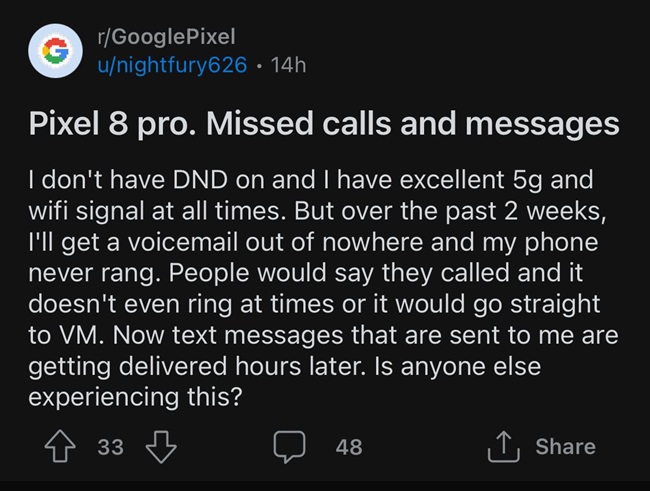When Google ditched Qualcomm’s Snapdragon chipsets in 2021, the company said the aim of switching to the in-house Tensor chipset was to deliver new AI features directly to Pixel devices. But is AI the primary function of a mobile phone?
While there’s no doubt the future is AI or rather AI is the future (whichever way you look at it), the primary function of any mobile phone is communication — both voice and text. Before I think of using any of those fancy AI features, the least I expect from my phone is to make a clear and audible voice call and receive a text message on time. Of course, the modern mobile phone has evolved into something way more powerful, allowing users to send and receive e-mails on the fly, browse the web, capture high quality photos and videos, watch videos or listen to music and even play video games that were previously reserved for dedicated gaming consoles or powerful PCs.
Still, it doesn’t change the primary role of the device, which is to make phone calls and send text messages — an area the Google Pixel has struggled ever since the Pixel 6 and the Tensor G1 chipset arrived in 2021.

We haven’t had any adverse network issues with our Pixel 8 and Pixel 7 devices. But the many reports on social media point to a disparity in experiences, which is okay given the different network conditions people use the phones. However, it’s not okay for any modern-day smartphone that costs a small fortune akin to the Pixel 8 and Pixel 8 Pro to have persistent network connectivity issues in areas where other devices have decent coverage.
For instance, in a recent account of Pixel 8 network issues shared by a Redditor that caught my attention, it is a tale of frustration that ultimately ends in triumph. The user, who has been bouncing between Samsung and Nexus/Pixel phones over the years without any major network problems, recounted their journey from the Pixel 6 to the latest Pixel 8 while grappling with persistent connectivity issues that severely impacted their daily life, particularly their work.
The narrative began with the user’s transition to the Pixel 6, which marked their first encounter with troublesome network problems. While city life seemed manageable, visits to malls like Costco or highway travels brought about a stark decline in call quality and data speeds. Despite enduring these issues for nearly two years, the user’s patience wore thin as their work began to suffer from unreliable connectivity. To pinpoint the root cause, they even resorted to SIM swapping with friends and family on different networks, which revealed significant discrepancies in reception quality across providers. This implied the issue could be with the network providers and not necessarily their Pixel 6 unit.
![]()
Though hopeful for improvement in subsequent Pixel iterations, the user’s optimism was dashed when the Pixel 8 failed to deliver the expected network enhancements. Faced with missed calls and persistent connectivity woes, the user even contemplated switching to an iPhone before stumbling upon the Samsung Galaxy S24. Despite initial hesitations, spurred by a mix of positive and negative reviews on the S24’s modem, the user took a leap of faith and made the switch. The decision proved to be a game-changer. The Galaxy S24 stood out in terms of network performance, boasting flawless connectivity in various scenarios, including notoriously challenging locations like Costco. With renewed peace of mind and restored confidence in their device’s reliability, it’s easy to understand the user’s regret for enduring the Pixel’s shortcomings for so long.
If you’ve been grappling with similar network woes, perhaps you shouldn’t hesitate making the switch like this user did. It’s essential to prioritize functionality and reliability over brand loyalty. But as noted earlier, we haven’t had any major network issues with our Pixel units, an experience shared by many other Pixel users. However, this user’s account and others in Google Pixel forums suggest some people have different experiences in various parts of the world. It could be your location’s poor connectivity or your carrier’s coverage, so I’d recommend testing your Pixel device in different locations and carriers before pulling the final plug.
Still, it’s a known fact that Tensor chipsets aren’t the most powerful. The Samsung modems used in the chipsets are also known to have unreliable network connectivity in some conditions, something that historically affects Exynos-powered Galaxy phones. But the good thing is that the Pixel 9 might be the last Google phone to use a Samsung-made Tensor chipset, with production said to be shifting to TSMC beginning with the Tensor G5. So maybe, just maybe, the Pixel 10 might be the phone to bring an end to these annoying network connectivity issues on Google phones.
If interested in the conversation, you can follow this Reddit link.

